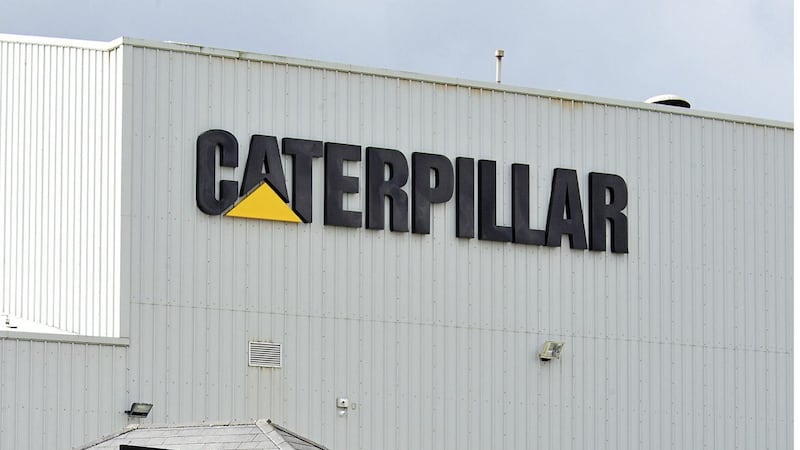GPs across Northern Ireland are being offered £2.2 million to put on extra appointments this winter, The Irish News has learned.
Letters were sent to every practice by the Health and Social Care Board outlining additional payments for doctors to ease 'winter pressures' - with £250 given for an extra two hours' work, which is roughly the equivalent of seeing an extra 13 patients.
Options include seeing patients on a Saturday morning or after 6.30pm on week-days. Additional locums can also be employed as well as extra nurses to tackle bigger caseloads.
Each patient appointment is to last a maximum of 10 minutes with a £72 cap set per patient. Extra surgeries staffed by a doctor and a nurse will be given £300, according to correspondence seen by the Irish News.
The ultimate aim of the scheme is to reduce the number of A&E attendances and overnight admissions to hospital.
A Board spokesman confirmed that a £1.4 million investment had been made to allow GPs set up extra clinics and appointments, with an additional £850,000 for GP 'Out of Hours' which are run separately.
The vast majority of the north's GP practices - there are more than 300 - are likely to avail of the payments which began last month and will run up until the end of next March.
However, one Belfast medic said a big problem lay in attracting locums, especially in rural areas with fewer practices.
Dr Alan Stout, who is based in the east of the city and is a leading member of the British Medical Association (BMA), said the scheme "works well" but was hampered by the diminishing GP workforce.
"We are struggling to get locums in areas like Fermanagh so some practices use a mix of options including the evening surgeries," he said.
"We are also looking at additional funding for a whole range of winter pressures including enhanced visiting to nursing homes."
One of the busiest periods of the day for GPs is between 4pm and 7pm, when there is a spike in the number of ambulances called to take patients to hospital.
Dr Michael McKenna, who has a large practice in west Belfast, said there was a big increase in the number of sick children presenting during this three-hour time period.
"Your day is so busy that a GP will ring for an ambulance to take the patient to hospital when that person may not require a hospital admission. It makes more sense to have an extra body in your practice or extra hours to see the patient and stabilise the problem," he said.
Another GP said the initiative, while welcome, was still not making a dent in the high volumes of 'inappropriate" patients turning up to casualty units.
"The problem is the profile of many younger patients. This 'Snapchat' generation are used to instant responses and are not willing to wait for their GP appointment and so go to A&E instead. We need to change that," said Dr George O'Neill.








